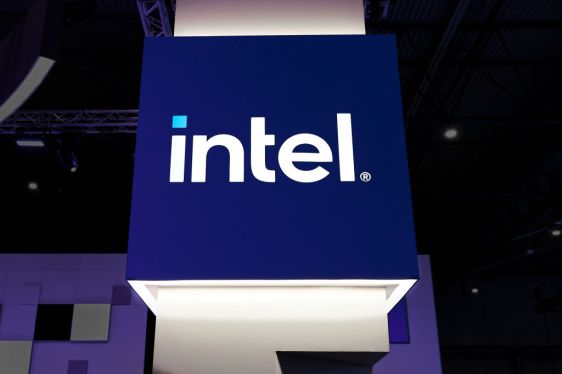Intel CEO Lip-Bu Tan is making progress on his plan to streamline the company by eliminating inefficiencies, including canceling several manufacturing projects.
In its second-quarter earnings report, the semiconductor giant announced delays and cancellations for multiple manufacturing initiatives. Specifically, Intel will no longer proceed with previously announced projects in Germany and Poland. These projects included an assembly and testing facility in Poland and a chip factory in Germany, both of which had been suspended in 2024 shortly after their announcement.
Additionally, Intel plans to consolidate its test operations in Costa Rica, shifting these activities to its sites in Vietnam and Malaysia.
Tan acknowledged that past capacity investments were excessive, stating, “Unfortunately, the capacity investments we made over the last several years were well ahead of demand and were unwise and excessive. Our factory footprint has become needlessly fragmented. Going forward, we will grow our capacity based solely on volume commitments and deploy capital expenditures in lockstep with tangible milestones, not before.”
Intel also announced a further delay for its $28 billion Ohio chip factory, which was originally set to open in 2025. The project had already been postponed once earlier this year in February.
The second quarter marked Tan’s first full quarter as CEO after his appointment on March 12. Shortly after taking the role, he outlined his strategy to eliminate inefficiencies by divesting non-core business units and streamlining operations.
“We have much work to do in building a clean and streamlined organization, which we have started in earnest, and it remains an area of focus for me during Q3,” Tan said during the earnings call. “Our goal is to reduce inefficiencies and redundancies and increase accountability at every level of the company.”
Intel also provided an update on its workforce reductions. The company has cut approximately 15% of its employees and aims to end the year with 75,000 workers. Tan noted that recent layoffs eliminated 50% of management layers.
In June, Intel announced plans to lay off 15% to 20% of employees in its Intel Foundry unit, which designs and manufactures chips for external clients. At the end of 2024, Intel had 108,900 employees, down from 124,800 at the end of 2023.

